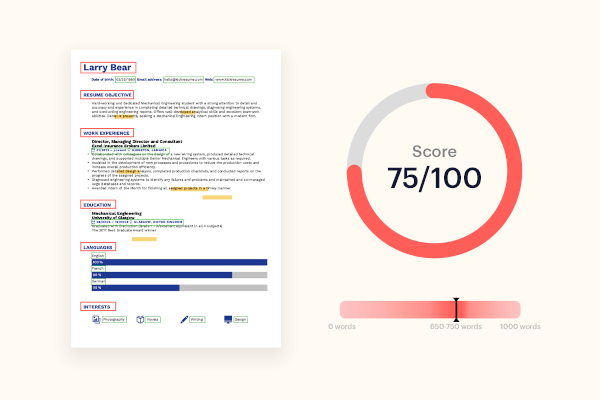Introducing Operator: A Research Preview of OpenAI’s Browser-Based Agent
OpenAI has introduced
Operator, an advanced AI agent capable of executing web-based tasks using its browser. This agent marks a significant milestone in AI’s transition from passive tools to active digital assistants, offering efficiency for users and innovation for businesses. Here’s a detailed look at what Operator offers and its future potential:
What Is Operator?
Operator is a research-preview AI agent designed to independently perform repetitive browser tasks such as filling forms, ordering groceries, and navigating websites. Using its
Computer-Using Agent (CUA) model, Operator interacts with webpages by typing, clicking, and scrolling, simulating human-like actions. It allows users to delegate everyday tasks, thus saving time and enhancing productivity.
- Availability: Currently, Operator is available to Pro users in the U.S. during this preview phase.
- Use Cases: Includes booking tours, managing online orders, creating custom workflows, and handling repetitive browsing tasks.
How Operator Works
Operator operates on a novel model,
CUA (Computer-Using Agent), combining GPT-4’s visual capabilities with advanced reasoning learned through reinforcement training.
- Interaction with GUIs: Operator can interpret graphical user interfaces (GUIs) and interact with buttons, menus, and text fields.
- Error Recovery: If Operator encounters challenges, it self-corrects using its reasoning capabilities or hands over control to the user for sensitive tasks like entering payment details.
- Benchmarks: Operator has achieved state-of-the-art results in browser-use benchmarks like WebArena and WebVoyager.
Features
- Task Execution:
- Users can describe tasks, and Operator executes them autonomously.
- Capable of multi-tasking, like booking trips and shopping simultaneously.
- Customization:
- Users can set preferences (e.g., preferred airlines) for specific sites.
- Prompts for recurring tasks can be saved for quick access.
- Collaboration:
- Hands over control when tasks involve login credentials or sensitive information.
- Ensures user approval for critical actions like submitting orders.
Real-World Applications
Operator is transforming AI from a passive tool into an active participant across industries:
- Consumer Tasks: Simplifies processes like ordering groceries, booking travel, or scheduling appointments.
- Business Integration: Collaborating with companies like DoorDash, Uber, and Instacart, Operator enhances customer experience and boosts conversions.
- Public Sector: Partners like the City of Stockton are using Operator to improve accessibility for city services.
Safety and Privacy
OpenAI has implemented robust safeguards to ensure Operator’s secure use:
- User Control:
- Requests user input for sensitive actions like entering payment details.
- Asks for confirmation before finalizing tasks like submitting orders.
- Data Privacy:
- Offers a “training opt-out” feature to prevent user data from being used to train models.
- Allows users to delete browsing data and conversations with one click.
- Adversarial Protection:
- Designed to detect and block malicious prompt injections or phishing attempts.
- Includes automated and human reviews for identifying threats.
Limitations
As a research preview, Operator is still evolving. It may struggle with:
- Complex workflows, such as creating slideshows or managing calendars.
- Highly dynamic or non-standard interfaces.
Future Plans
- API Access: OpenAI plans to expose the CUA model powering Operator to developers, enabling them to create custom agents.
- Enhanced Workflows: Future iterations will handle longer and more intricate tasks.
- Expanded Access: Operator will eventually roll out to Plus, Team, and Enterprise users, with plans to integrate it directly into ChatGPT for seamless task execution.
Conclusion
Operator is a significant leap forward in AI, showcasing how agents can take on complex digital tasks with minimal human intervention. By combining safety, privacy, and user collaboration, OpenAI is redefining the possibilities of digital assistants in everyday life and business operations. As Operator evolves through feedback, it holds the promise of transforming how we interact with the web.













Comments are closed.